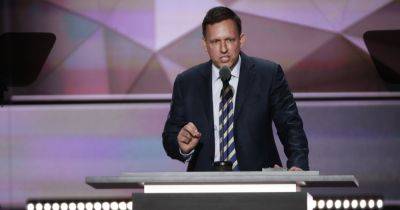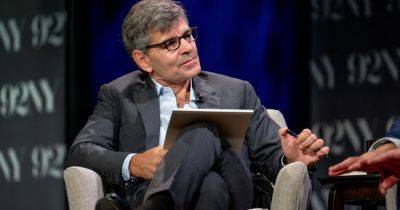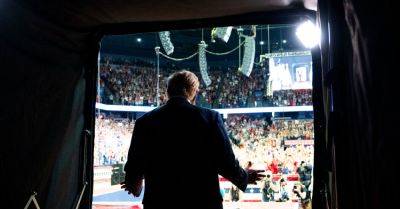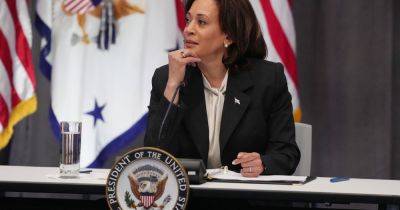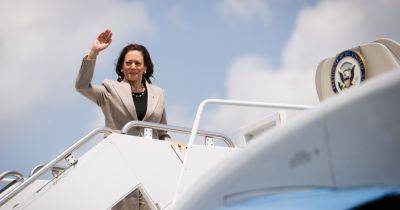Trump-Vance Administration Could Herald New Era for Dollar
Donald J. Trump’s selection of Ohio Senator J.D. Vance to be his vice-presidential nominee pairs him with a kindred spirit on trade, taxes and a tough stance on China. But it is their shared affinity for a weak dollar that could have the most sweeping implications for the United States and the global economy.
In most cases, Mr. Trump likes his policies to be “strong,” but when it comes to the value of the dollar, he has long expressed a different view. Its strength, he has argued, has made it harder for American manufacturers to sell their products abroad to buyers that use weaker currencies. That’s because their money is worth so much less than the dollars that they need to make those purchases.
“As your president, one would think that I would be thrilled with our very strong dollar,” Mr. Trump said in 2019, explaining that U.S. companies like Caterpillar and Boeing were struggling to compete. “I am not!”
The dollar has been the world’s dominant currency since World War II, and central banks hold about 60 percent of their foreign exchange reserves in dollars, according to the Congressional Research Service.
The United States has maintained a “strong dollar” policy since the 1990s, when Robert E. Rubin, the Treasury secretary at the time, declared that he did not view it as a threat to the ability of American business to compete abroad. The United States avoids taking measures to steer the strength of the dollar, and Treasury secretaries tend to argue that currency values should be determined by market forces. When countries, such as China, have acted to weaken their currencies, the U.S. has shamed them as currency manipulators.
It is not clear how Mr. Trump would go about weakening the dollar. His Treasury Department could


